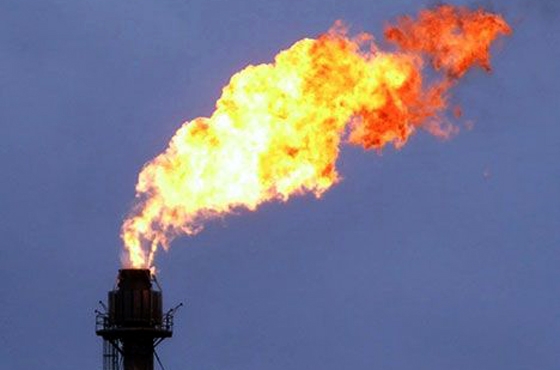Natural gas is likely to grow in importance over the next few years, with the Middle East, China, Africa and India in particular set to record significant increases in demand.
According to EY's recently released Business Pulse Oil and Gas report, demand for natural gas is expected to increase steadily as a percentage of the global fuel mix over the next two decades, and is estimated to account for almost a quarter of the world's energy demand by 2035.
Commenting on the findings, Dr. Thorsten Ploss, EY's Middle East and North Africa Oil & Gas Leader, said: "Natural gas is seen as a potentially cleaner replacement for coal and also as a ready replacement for nuclear power in countries which have phased out nuclear power due to public concerns. Countries needing to increase power capacity quickly are particularly likely to turn to natural gas, as the construction time for natural gas generating plants is just two to three years. The foundations for a world in which gas will play an increasingly important role could be laid soon if governments can put the necessary regulatory conditions in place."
Oil majors are going to find accessing oil reserves progressively more difficult, so their reserves and production are likely to shift further toward gas. On the other hand, many NOCs still have access to large oil reserves, hence the pressure to shift towards gas is lower. With gas likely to constitute a greater share of the world's future energy production, this opportunity will continue to rise in importance in the years ahead.
"The abundance of gas and the commensurate interest from non-OECD countries to exploit these resources has resulted in many companies developing significant Liquid Natural Gas (LNG) portfolios. Learning to operate in LNG is, therefore, essential for companies wanting to thrive in this area and expand the market opportunities for their gas. Over the next few years, natural gas will rise up the list of priorities for companies," said Dr. Ploss.
As highlighted by the report, increasing emerging market demand is one of the top 10 opportunities in the MENA oil & gas sector. Continued growth of the world's emerging economies, which include countries in the Middle East, will drive energy demand and increase the opportunities for oil and gas companies to expand in these markets.
The strength of rapid growth markets (RGMs), even amid the backdrop of the recent global economic downturn, has provided ample reward for those able to thrive in this environment.
The continued rise of the population and the increasing demographic urbanization in RGMs will be significant drivers for a sustained increase in energy demand, especially when compared with the anemic economic growth in OECD markets. Much of the projected growth in energy generation and consumption in RGMs will come from fossil fuels- especially natural gas- despite the increasing attractiveness of renewable energy.
Dr. Ploss added: "With the continued economic expansion of the world's RGMs, energy demand will also rise rapidly. This increase in demand, coupled with increased access and availability of natural gas resources, means natural gas is expected to play a fundamental role in energy demand by 2015 if governments and regulators can build the appropriate regulatory and legislative environments."
"The opportunity for RGMs has never been greater in the oil & gas sector. The need to have a clear view of the risks and opportunities across the oil and gas sector is critical to future success," Ploss added.
The Saudi Gazette
14 October






















































